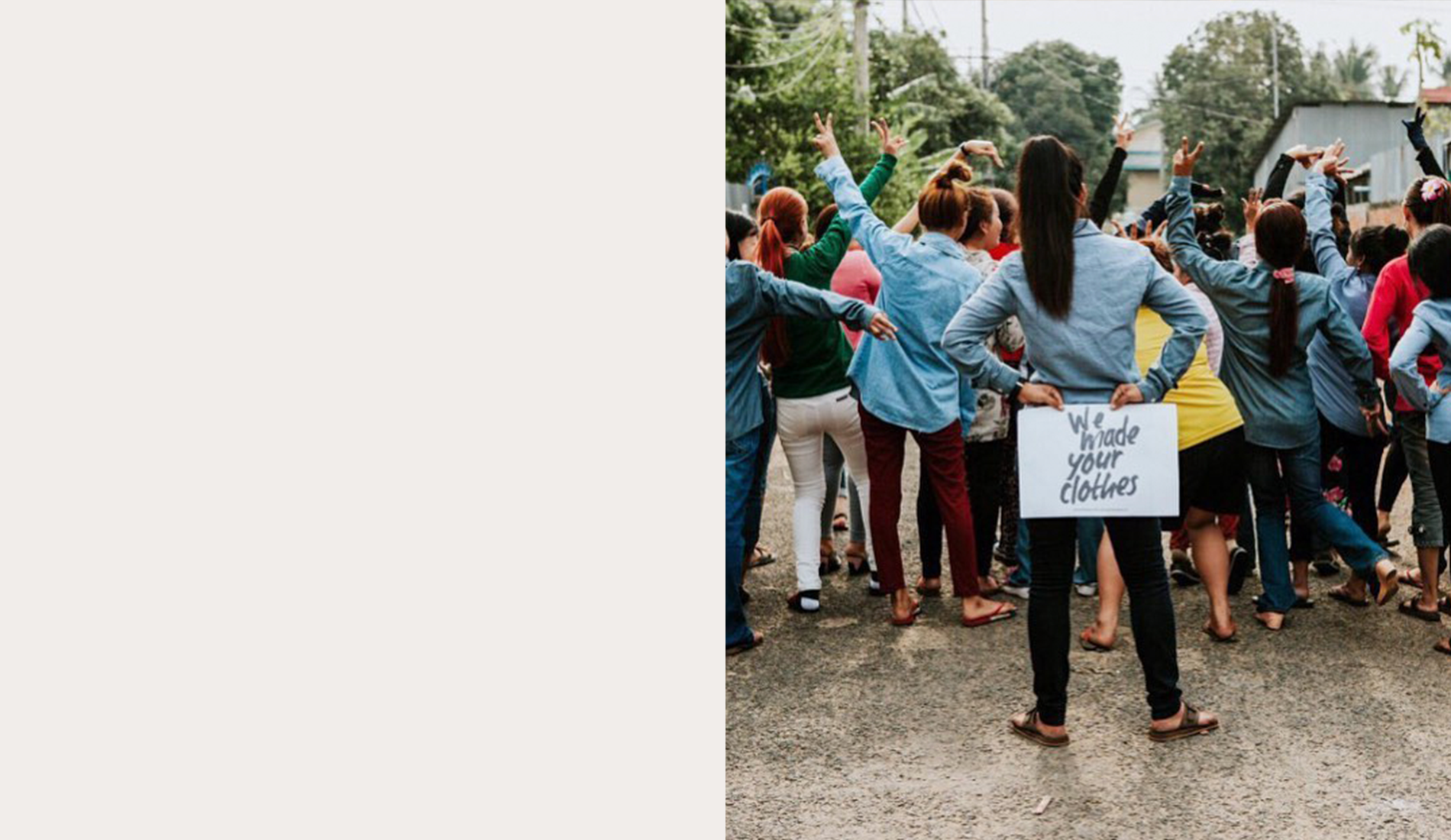
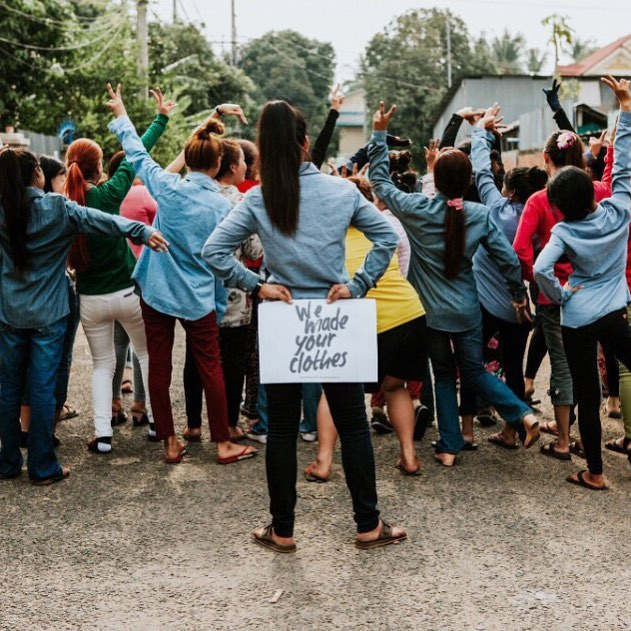
Fashion Revolution
Who Runs The World? 6 Companies Putting Women First
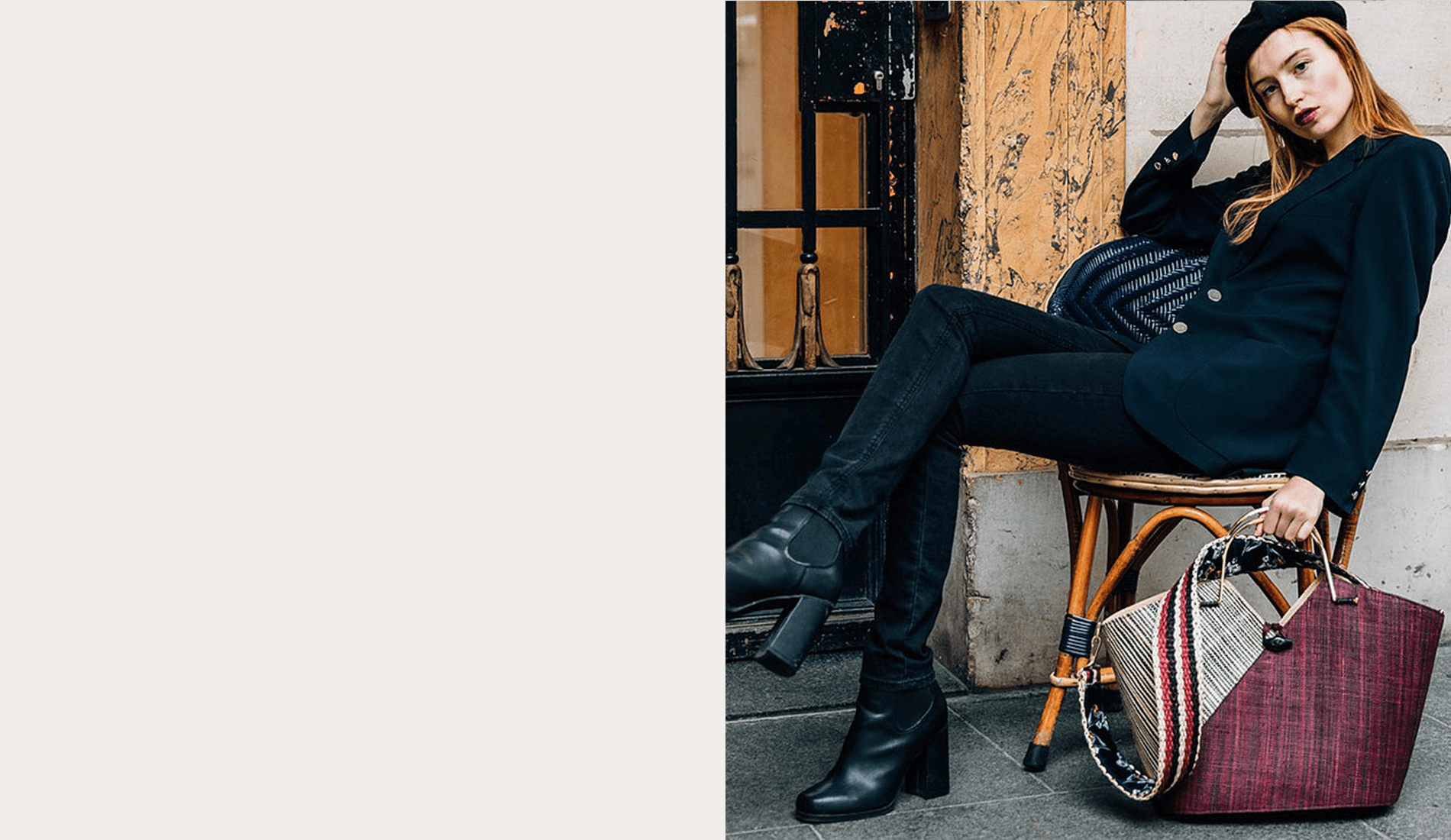
The people behind our clothes
Since the Rana Plaza disaster in 2013, consumers have been asking more questions not only about how their clothes are made, but by whom.
And with an estimated 80% of the garment making workforce made up of women, it follows that the female of the species is often the hardest hit. But times are changing.
Image: Good People
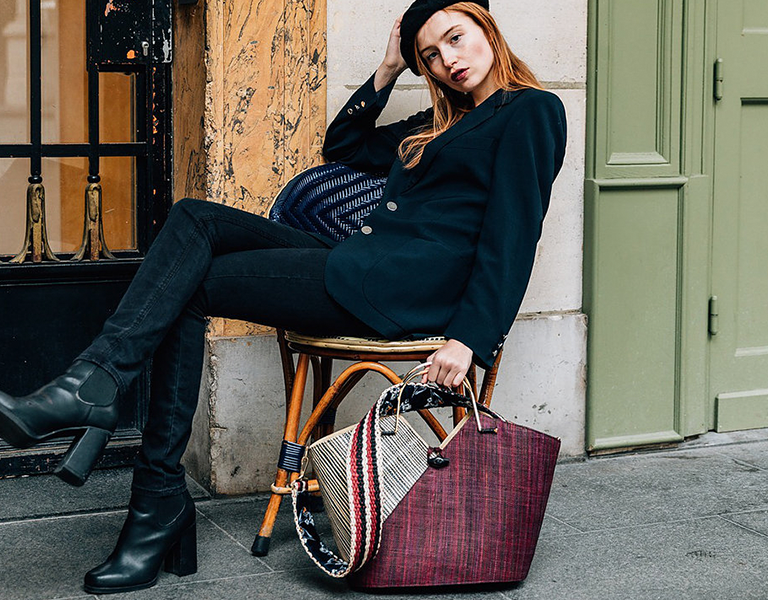
The people behind our clothes
Since the Rana Plaza disaster in 2013, consumers have been asking more questions not only about how their clothes are made, but by whom.
And with an estimated 80% of the garment making workforce made up of women, it follows that the female of the species is often the hardest hit. But times are changing.
Image: Good People
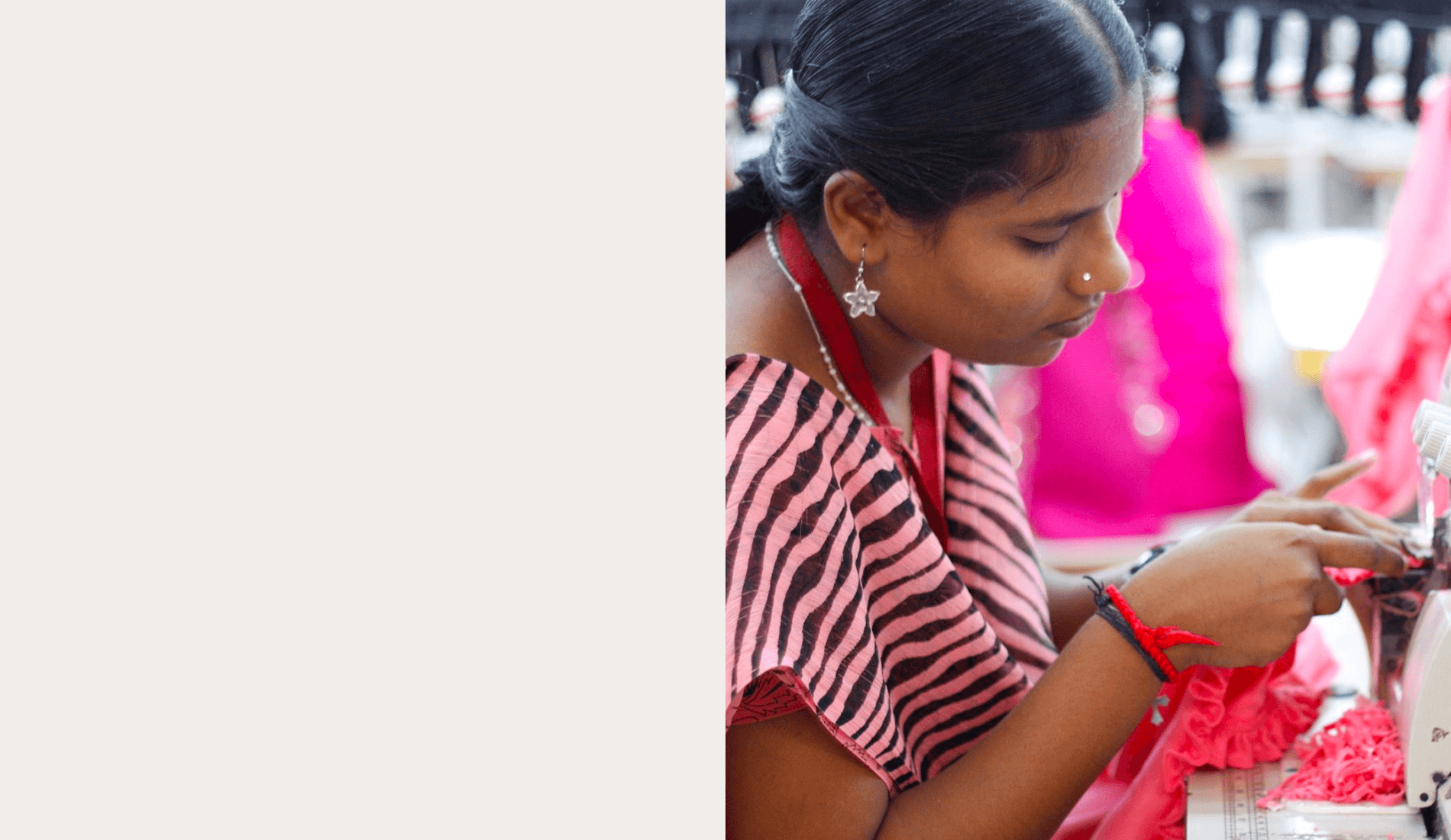
Working women
With a growing public concern for ethics in fashion production it makes good business sense to shout about it if your business supports and gives opportunities to women, who often require more flexibility because they are mothers, encounter sexual inequality in the workplace, and, in the worst cases, have faced atrocities such as human trafficking.
Here we look at 6 fashion companies that are leading the way.
Image: Fairtrade Foundation / Deutschland
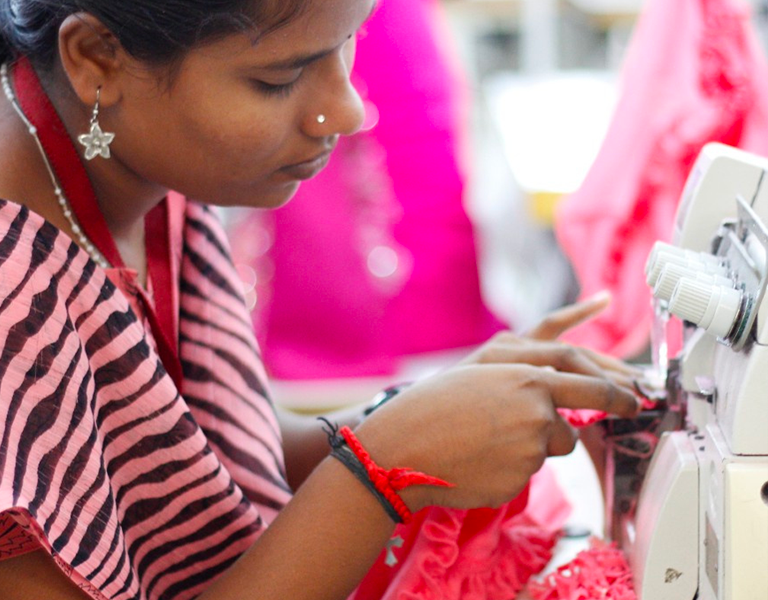
Working women
With a growing public concern for ethics in fashion production it makes good business sense to shout about it if your business supports and gives opportunities to women, who often require more flexibility because they are mothers, encounter sexual inequality in the workplace, and, in the worst cases, have faced atrocities such as human trafficking.
Here we look at 6 fashion companies that are leading the way.
Image: Fairtrade Foundation / Deutschland
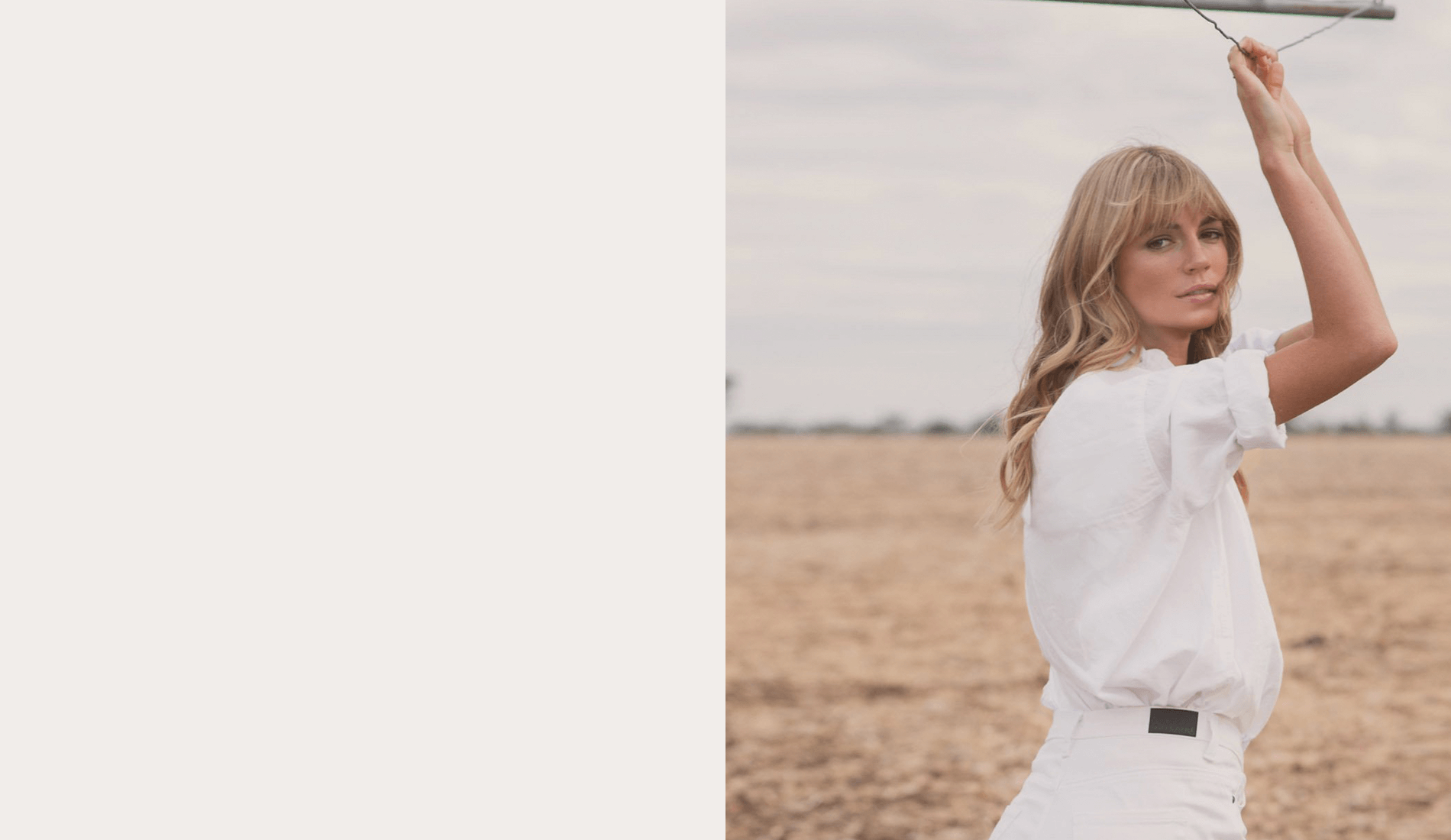
Outland Denim
This Australian premium jeans label ticks all the boxes when it comes to transparency, with a comprehensive guide to where it sources all of its materials available for anyone to view on its website.
It also encourages its staff and customers alike to think about the life cycle of their jeans; they should be built to last, not be a throwaway item.
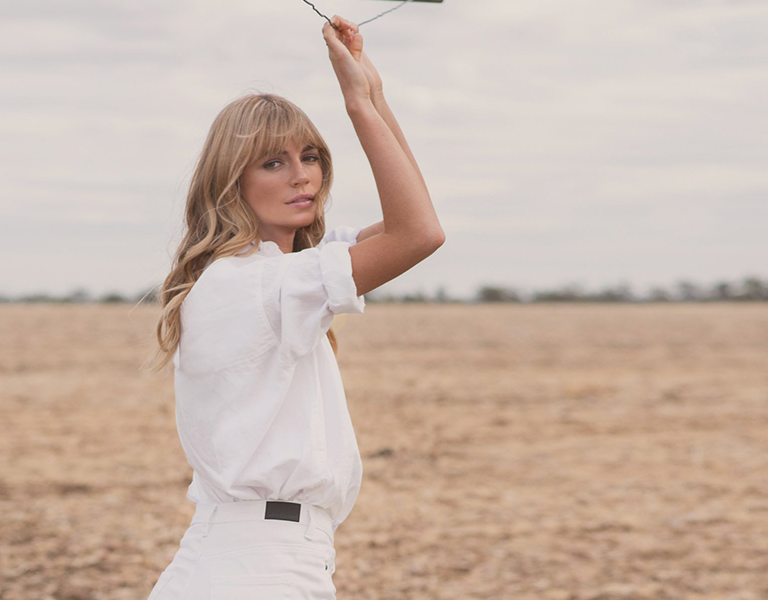
Outland Denim
This Australian premium jeans label ticks all the boxes when it comes to transparency, with a comprehensive guide to where it sources all of its materials available for anyone to view on its website.
It also encourages its staff and customers alike to think about the life cycle of their jeans; they should be built to last, not be a throwaway item.
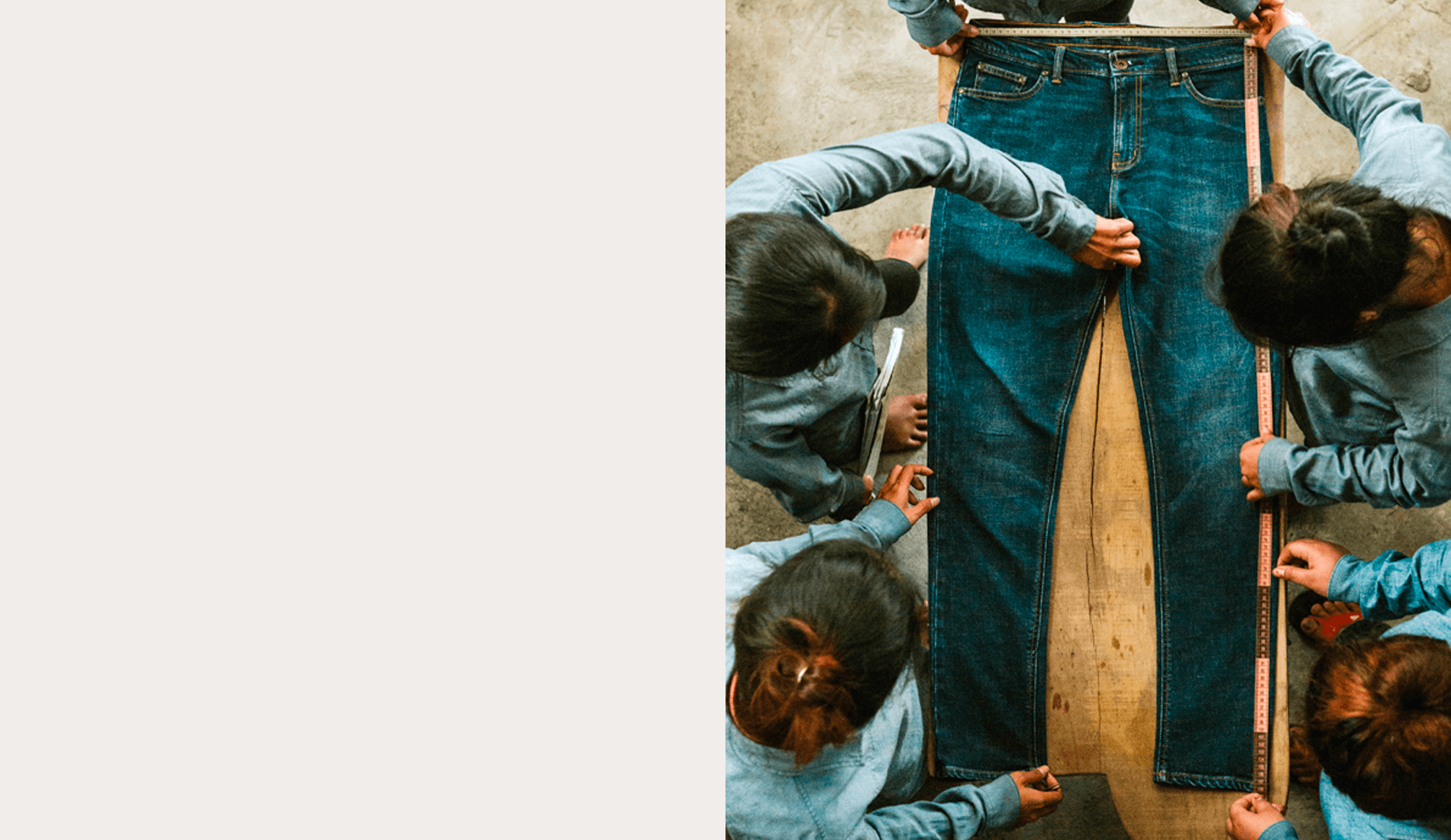
Outland Denim
The really great thing about Outland Denim though, is that in its own factory in Cambodia, it employs women rescued from human trafficking, sexual exploitation and other human rights abuses, equipping them with seamstressing skills, as well as workshops in English and life skills such as budgeting, which ultimately empowers them with the most liberating thing of all: independence.
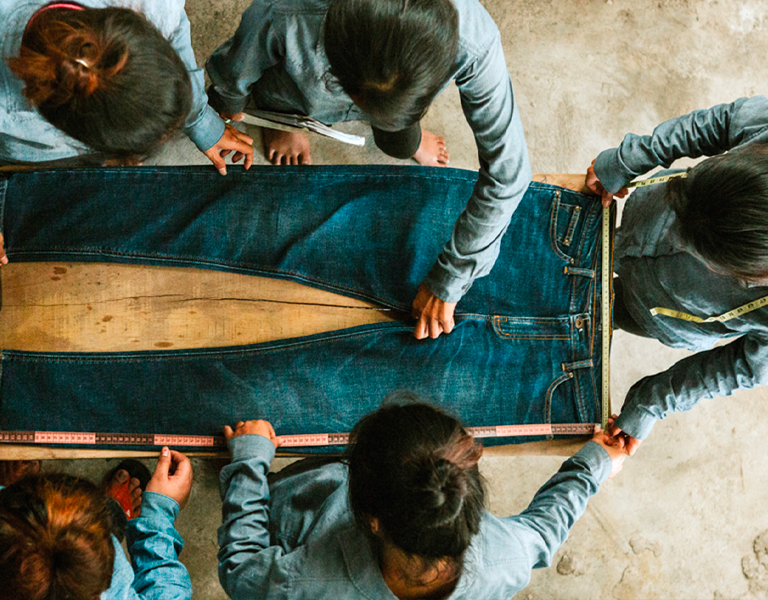
Outland Denim
The really great thing about Outland Denim though, is that in its own factory in Cambodia, it employs women rescued from human trafficking, sexual exploitation and other human rights abuses, equipping them with seamstressing skills, as well as workshops in English and life skills such as budgeting, which ultimately empowers them with the most liberating thing of all: independence.
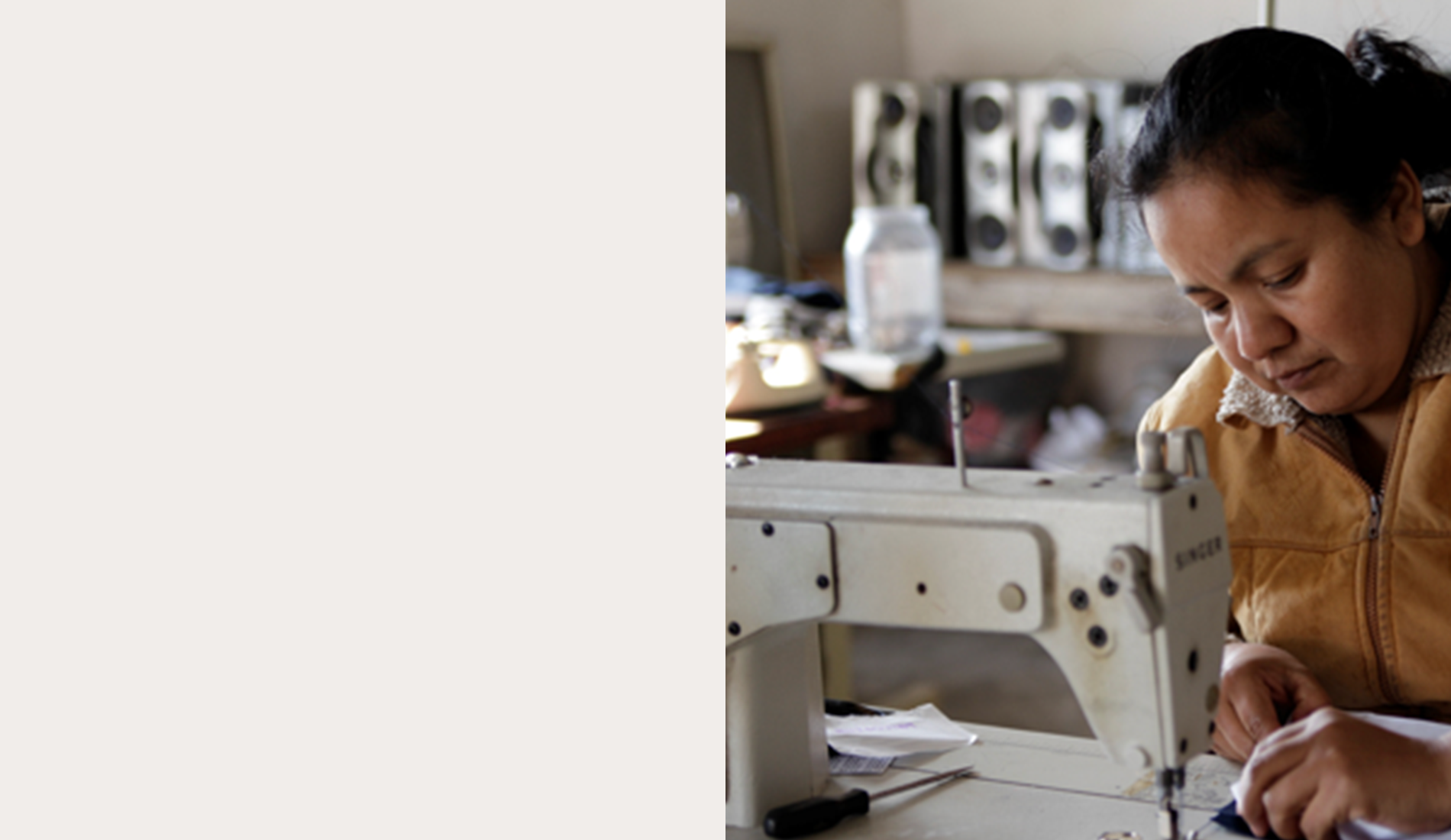
Altitud
For many women, going back to full-time work after having children isn’t a choice, it’s a financial necessity. But what if it was possible to have the best of both worlds; to work and earn a decent income, while still being at home to take care of the family?
That’s exactly the thinking behind Altitud, a Mexican company that creates economic opportunities for women who are the head of their household. Each is able to set up a home-based workshop where they can make textiles including skirts and tops, keeping to a timetable that suits their other commitments.
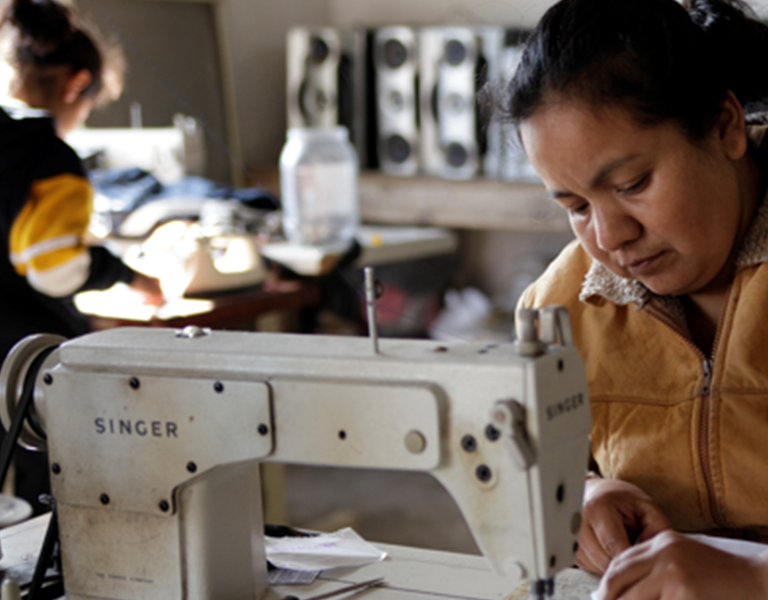
Altitud
For many women, going back to full-time work after having children isn’t a choice, it’s a financial necessity. But what if it was possible to have the best of both worlds; to work and earn a decent income, while still being at home to take care of the family?
That’s exactly the thinking behind Altitud, a Mexican company that creates economic opportunities for women who are the head of their household. Each is able to set up a home-based workshop where they can make textiles including skirts and tops, keeping to a timetable that suits their other commitments.
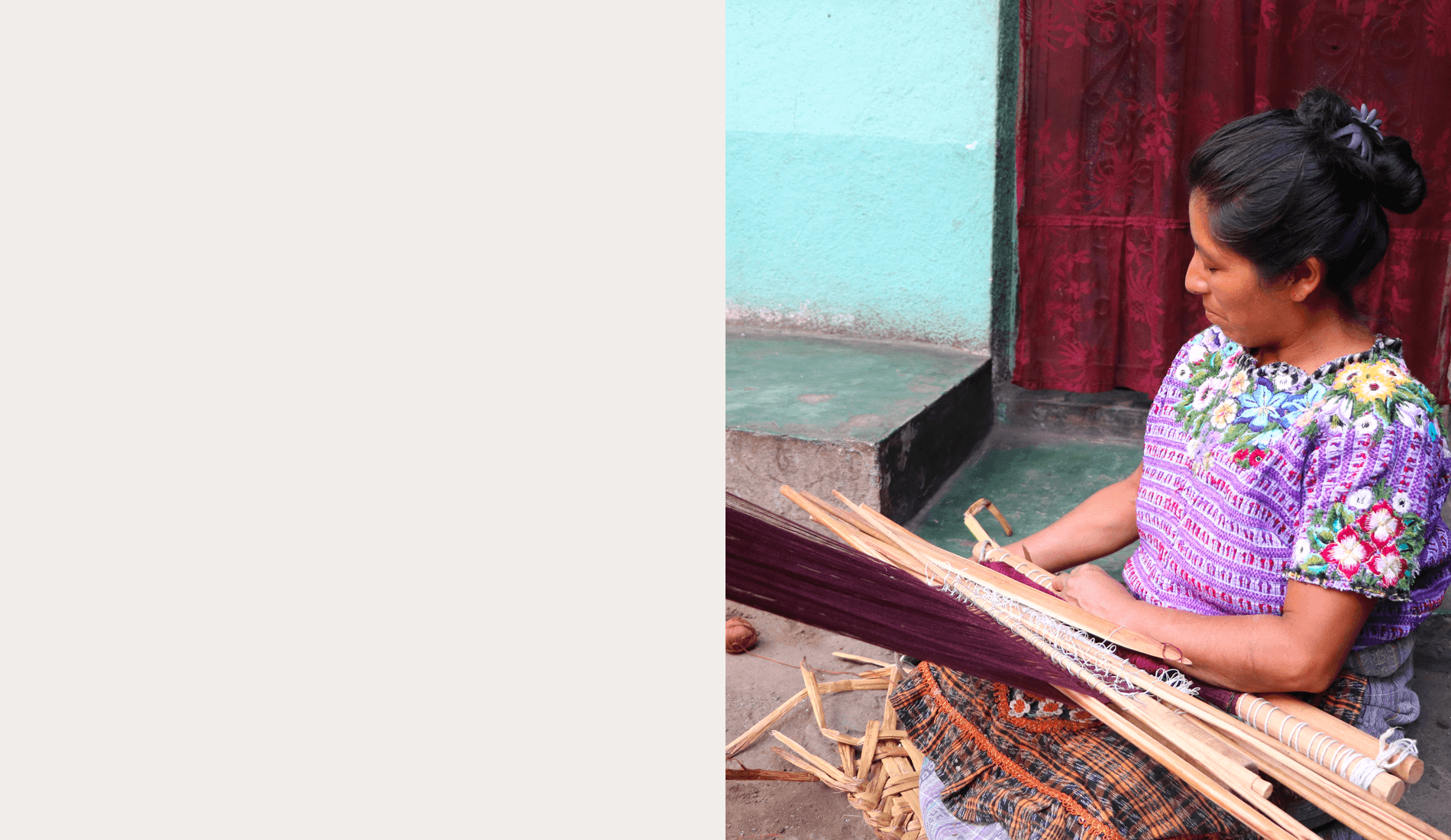
Cojolya Association of Maya Women Weavers
The backstrap loom weaving technique is an ancient Maya art form, but it is still alive and kicking in Santiago Atitlan, Guatemala, thanks to the Cojoyla Association of Maya Women Weavers.
This co-operative was founded in 1983; its female workforce makes colourful products using artisan skills such as Guatemalan tie-dye, brocade and embroidery which are, although traditional, able to translate brilliantly to contemporary fashion.
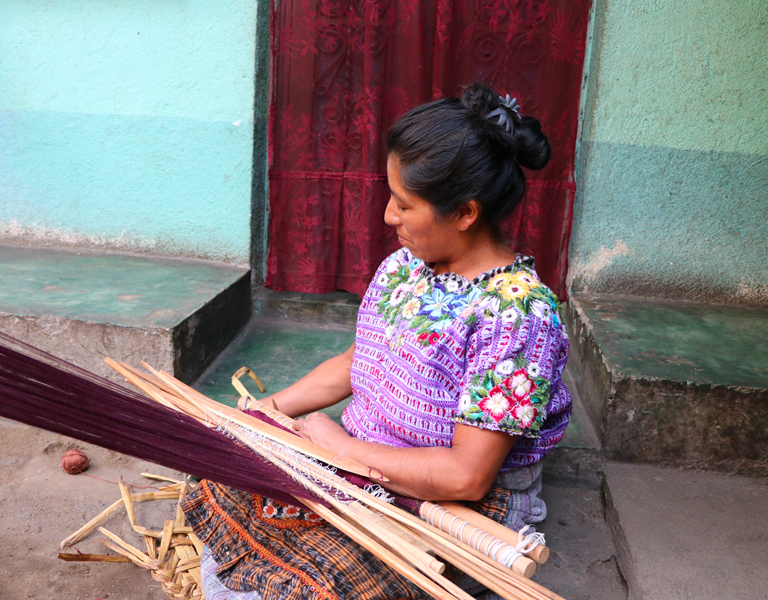
Cojolya Association of Maya Women Weavers
The backstrap loom weaving technique is an ancient Maya art form, but it is still alive and kicking in Santiago Atitlan, Guatemala, thanks to the Cojoyla Association of Maya Women Weavers.
This co-operative was founded in 1983; its female workforce makes colourful products using artisan skills such as Guatemalan tie-dye, brocade and embroidery which are, although traditional, able to translate brilliantly to contemporary fashion.
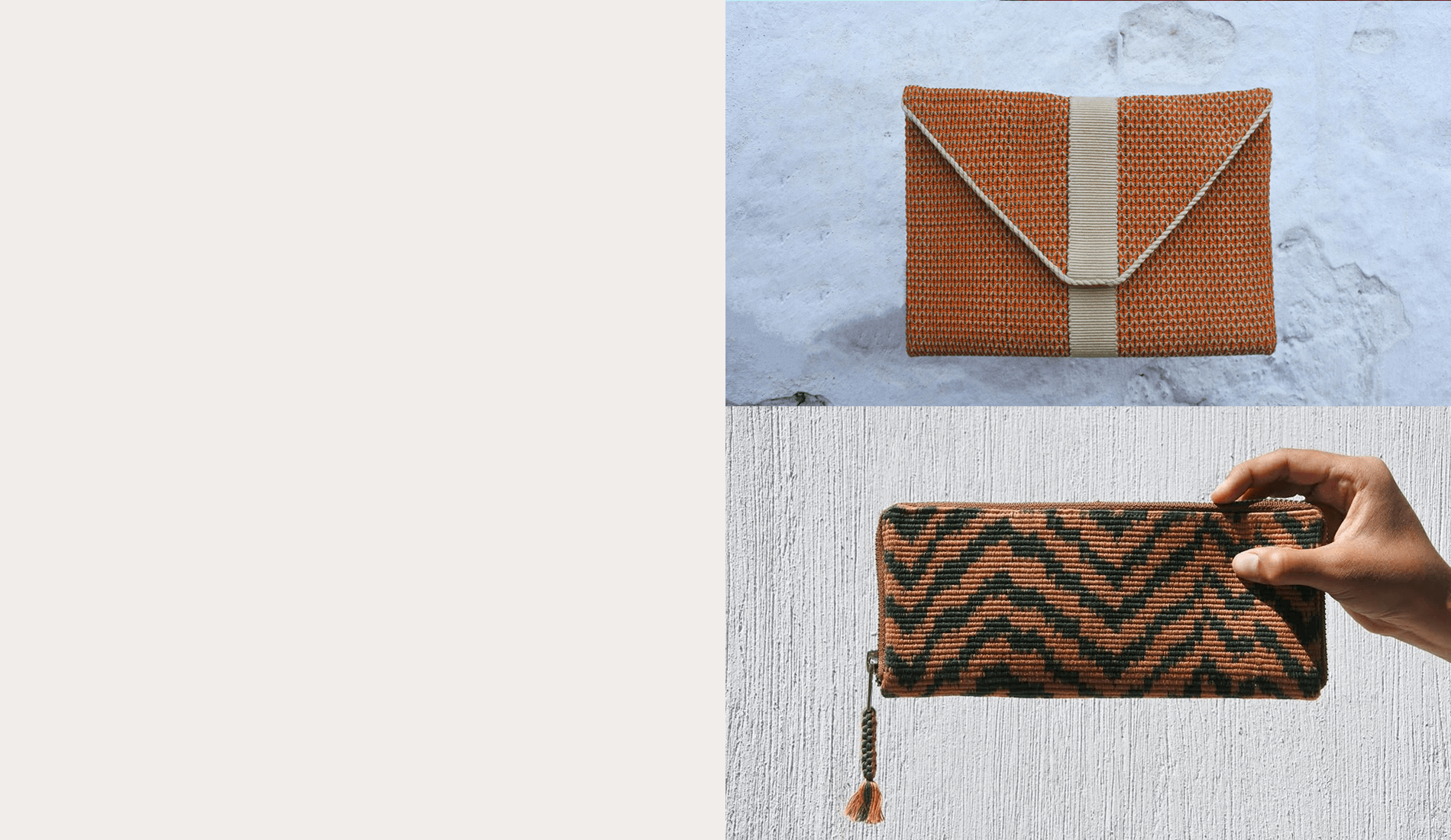
Cojolya Association of Maya Women Weavers
The women are provided with materials, training, design services and access to an international market of buyers.
It is a member of the World Fair Trade Organization, providing flexible working arrangements and a fair living wage for its employees.
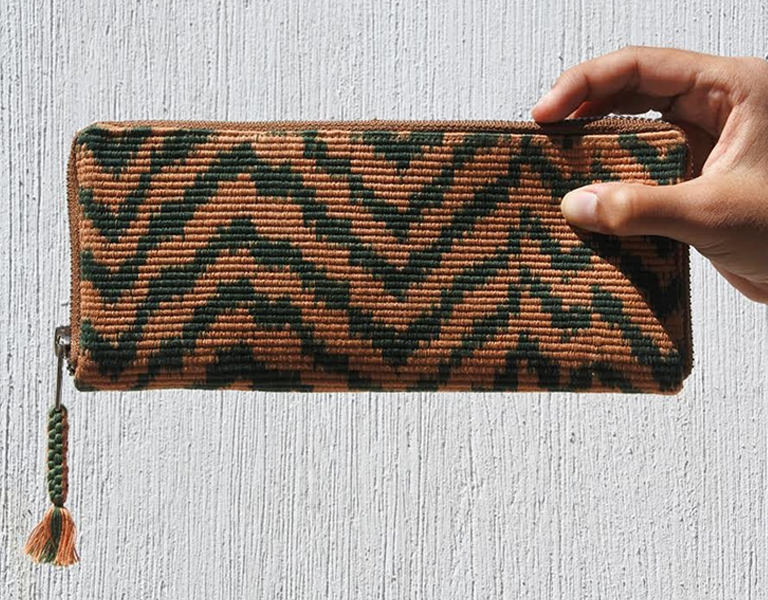
Cojolya Association of Maya Women Weavers
The women are provided with materials, training, design services and access to an international market of buyers.
It is a member of the World Fair Trade Organization, providing flexible working arrangements and a fair living wage for its employees.
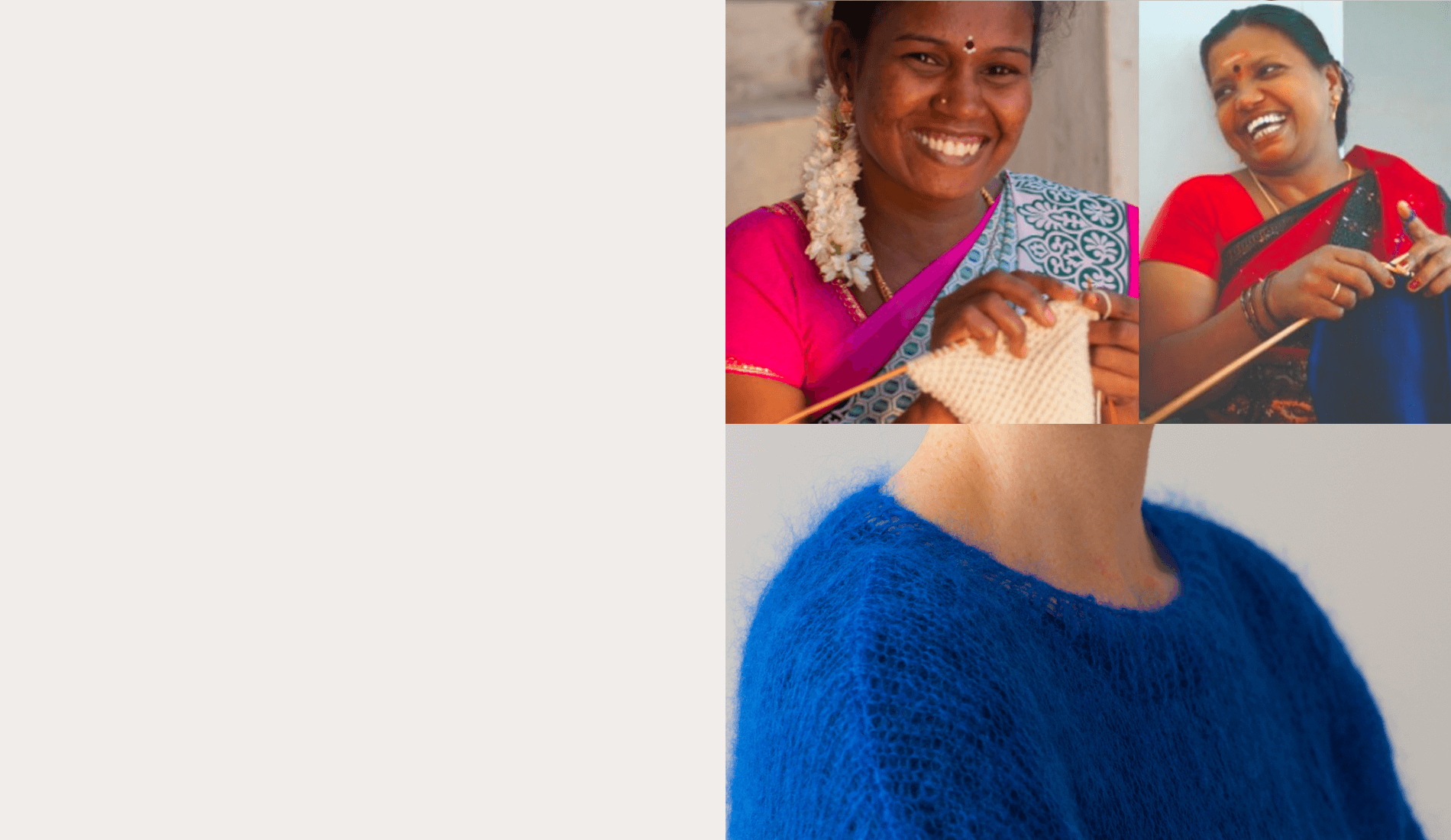
KOCO
KOCO stands for its simple mantra: Knit One (garment), Change One (life). It describes itself as a ‘sisterhood of artisans’; a group of women in south India who handknit garments for global brands. Every item comes with a swing tag which contains a picture of the knitter, and a QR code which can be scanned to find out more about her life.
As well as providing fair work for women in India, KOCO is committed to eight of the UN’s 17 Global Goals - poverty, hunger, health, education, clean water, decent work, and responsible consumption and production - ensuring that by not using machines to make its garments, it produces no waste and no carbon footprint.
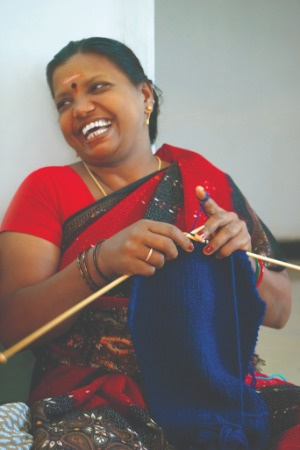
KOCO
KOCO stands for its simple mantra: Knit One (garment), Change One (life). It describes itself as a ‘sisterhood of artisans’; a group of women in south India who handknit garments for global brands. Every item comes with a swing tag which contains a picture of the knitter, and a QR code which can be scanned to find out more about her life.
As well as providing fair work for women in India, KOCO is committed to eight of the UN’s 17 Global Goals - poverty, hunger, health, education, clean water, decent work, and responsible consumption and production - ensuring that by not using machines to make its garments, it produces no waste and no carbon footprint.
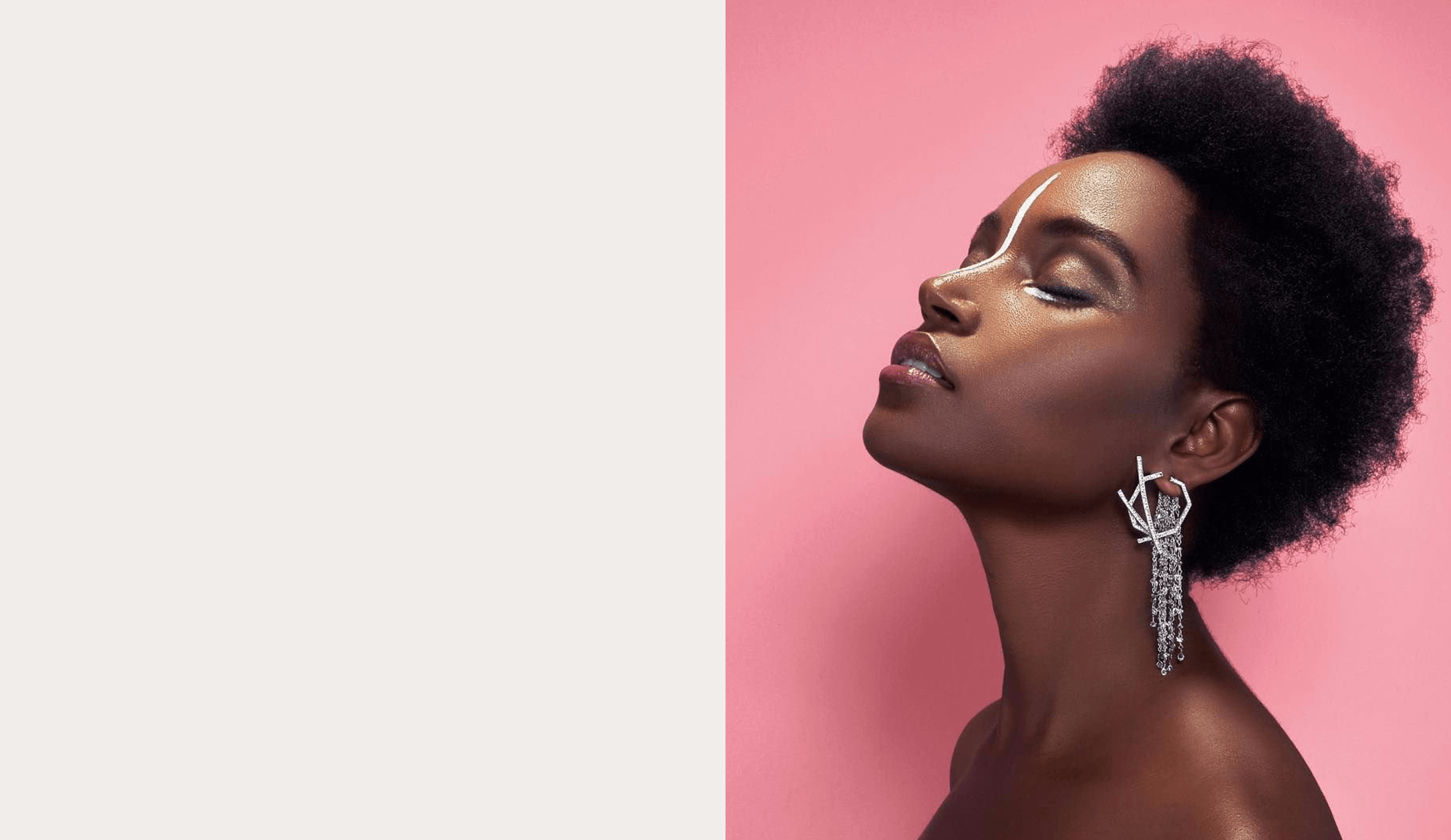
Eden Diodati
Award-winning jewellery brand Eden Diodati is known for its intricate designs that have been featured in high end fashion magazines including Vogue, Vanity Fair and Marie Claire. Think chandelier earrings in waterfalls of gold and bold statement necklaces fit for the modern fashion forward woman.
But beyond the contemporary jewellery there’s an incredible story. Items are made using centuries old techniques by a cooperative of women who survived the Rwandan genocide. Eden Diodati works to a four-tiered philosophy with everything it does: Art & Collaboration; Manufactured Ethically; Wearable Philanthropy; Beauty Through Compassion.
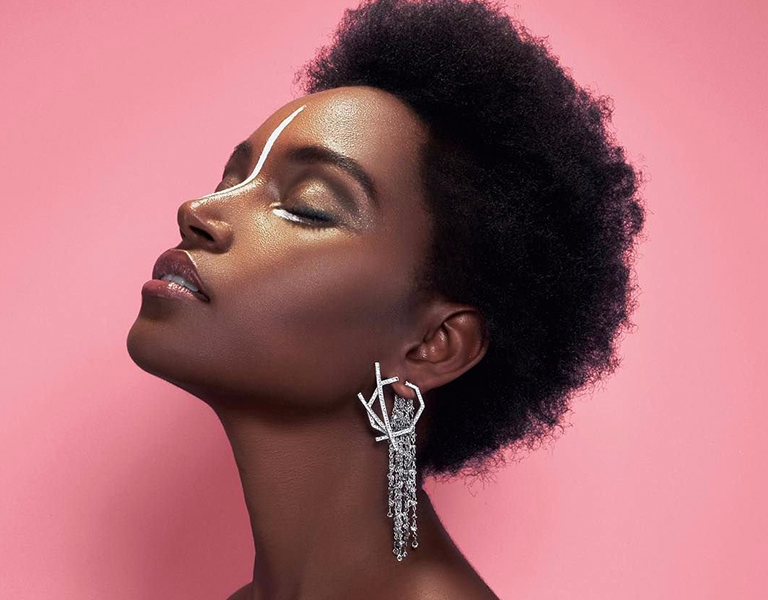
Eden Diodati
Award-winning jewellery brand Eden Diodati is known for its intricate designs that have been featured in high end fashion magazines including Vogue, Vanity Fair and Marie Claire. Think chandelier earrings in waterfalls of gold and bold statement necklaces fit for the modern fashion forward woman.
But beyond the contemporary jewellery there’s an incredible story. Items are made using centuries old techniques by a cooperative of women who survived the Rwandan genocide. Eden Diodati works to a four-tiered philosophy with everything it does: Art & Collaboration; Manufactured Ethically; Wearable Philanthropy; Beauty Through Compassion.
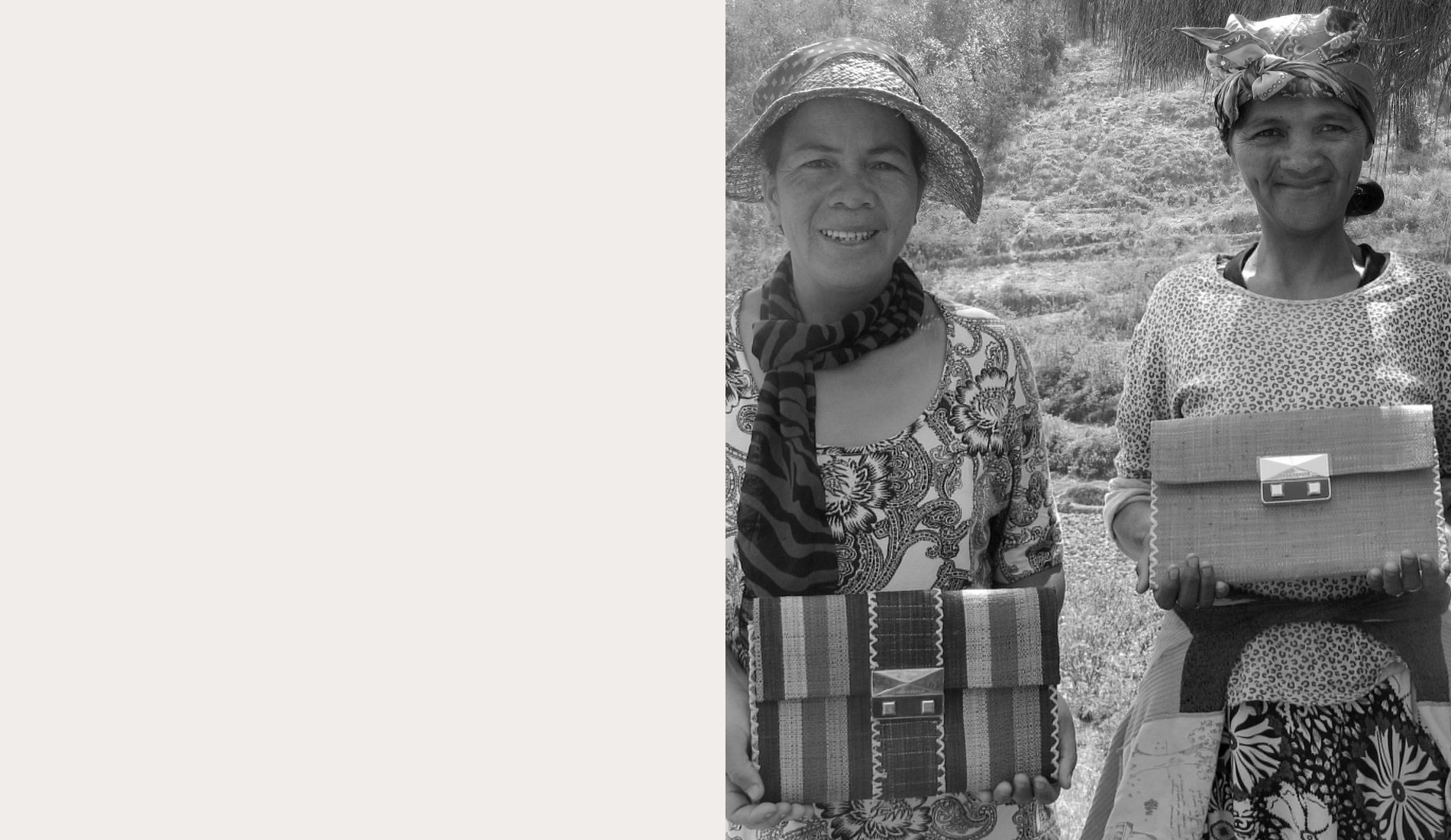
Good People
French brand Good People makes 100% sustainable artisan handbags for the high end market. It uses natural fibres including agave and raffia to produce its own handwoven fabrics, which it then crafts into colourful totes, handbags, clutches and computer cases.
The brand does this in its own transparent manufacturing centre workshop in Madagascar, which was set up when the brand’s founder Clemence was travelling there to teach English for a local charity. Inspired by the women she met and their heritage weaving knowledge, she invited them to make bags, and now employs 17 women who are now able to use their artisan skills daily.
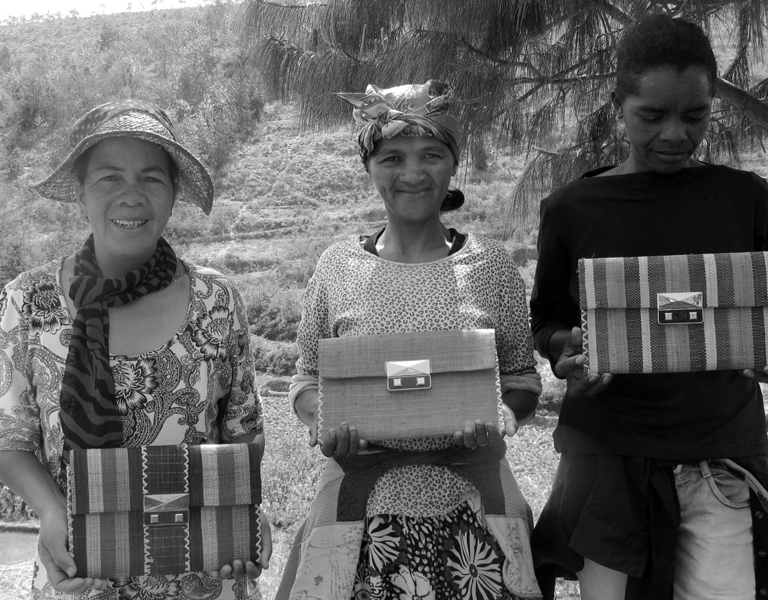
Good People
French brand Good People makes 100% sustainable artisan handbags for the high end market. It uses natural fibres including agave and raffia to produce its own handwoven fabrics, which it then crafts into colourful totes, handbags, clutches and computer cases.
The brand does this in its own transparent manufacturing centre workshop in Madagascar, which was set up when the brand’s founder Clemence was travelling there to teach English for a local charity. Inspired by the women she met and their heritage weaving knowledge, she invited them to make bags, and now employs 17 women who are now able to use their artisan skills daily.
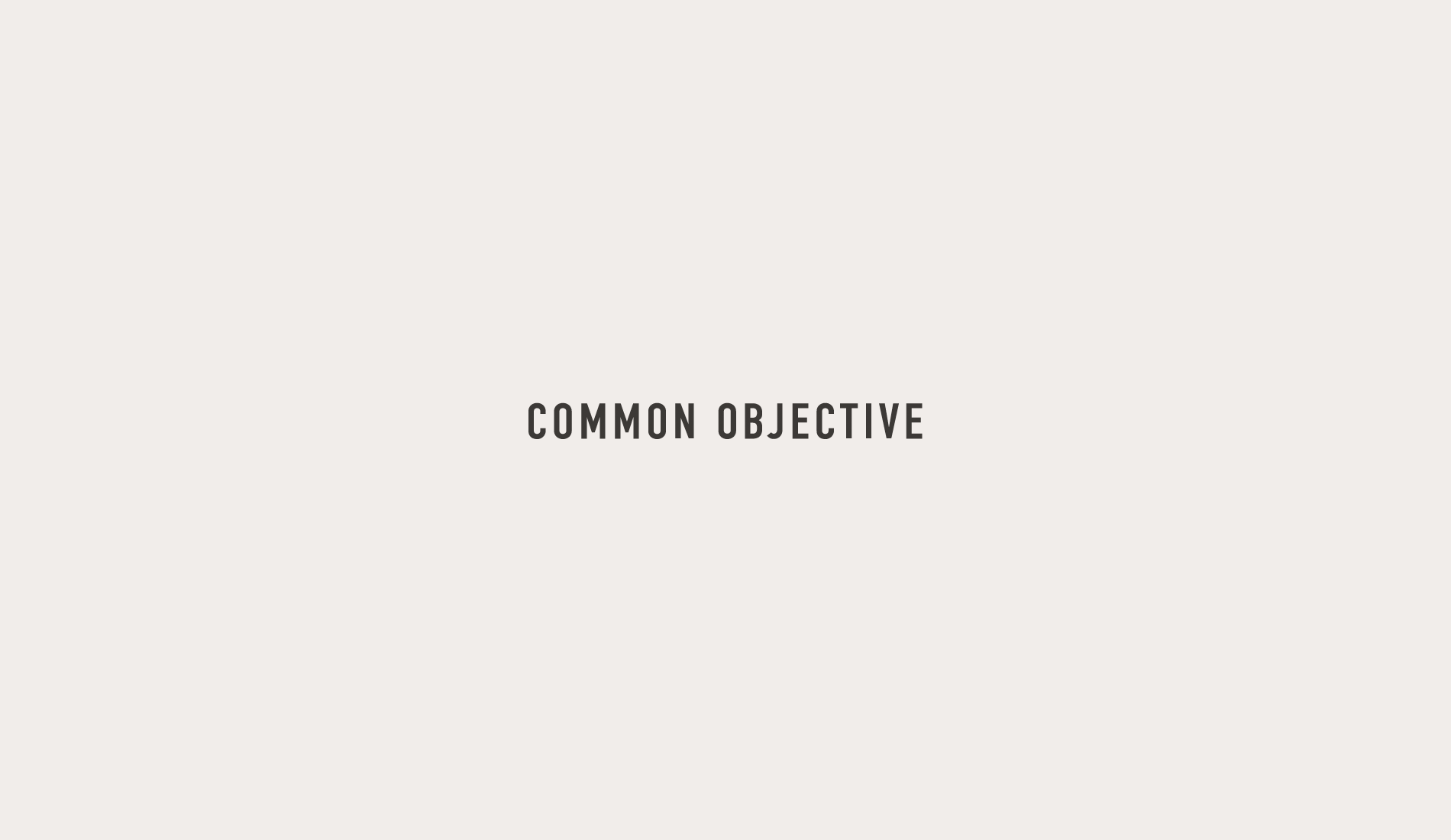
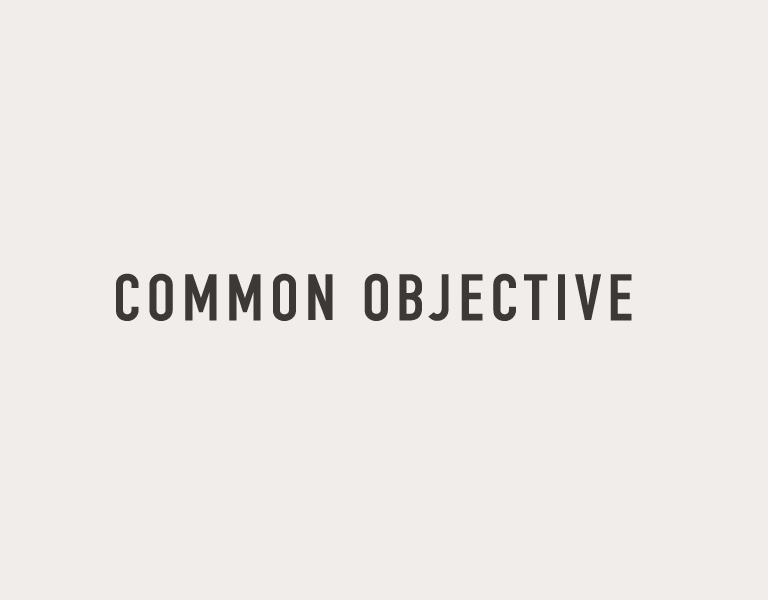
Related Reading
Sign up to connect with 50,000+ other sustainability-minded professionals and access over 300 pieces of actionable intelligence.
Common Objective is a global sourcing and information network that enables you to succeed in sustainable fashion business.
